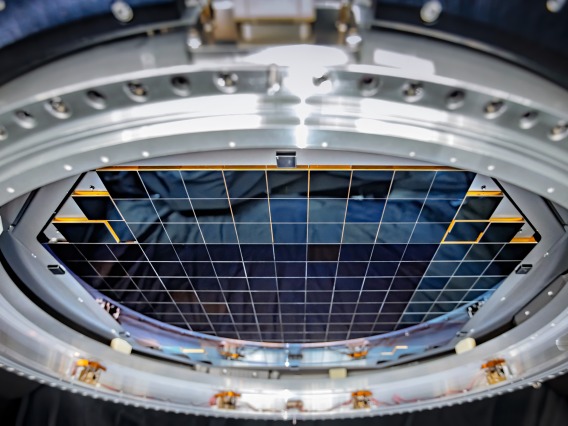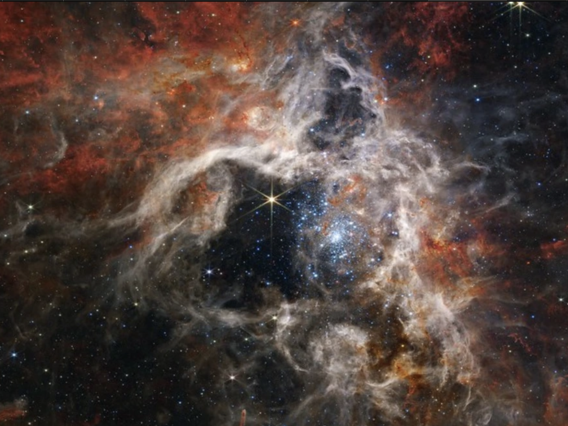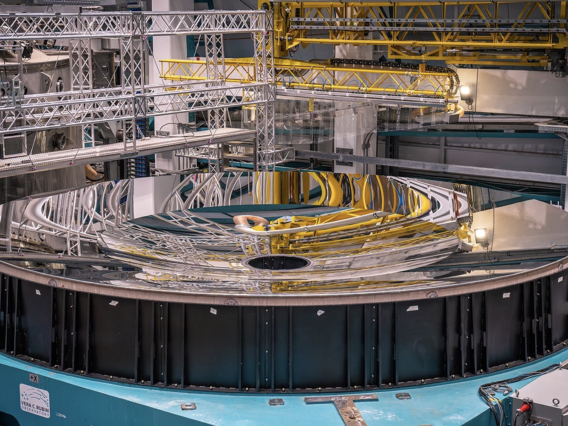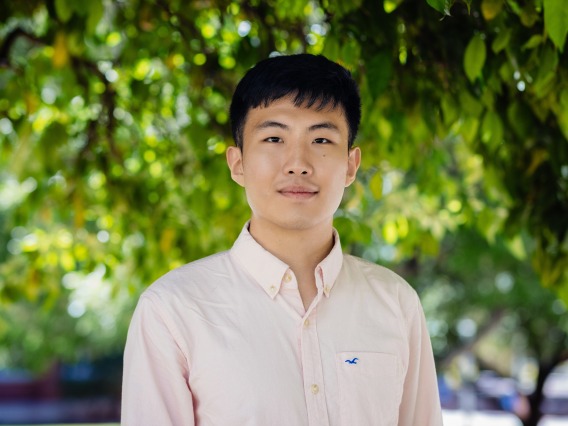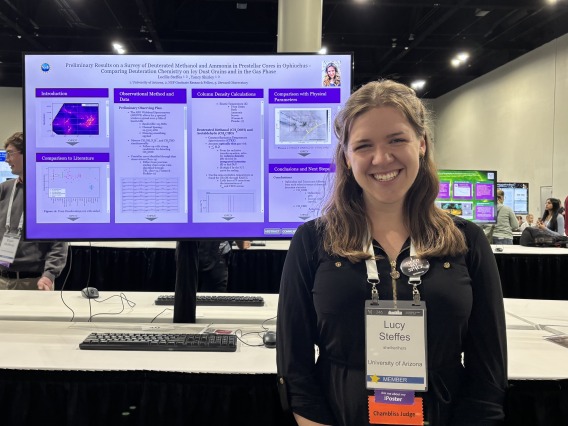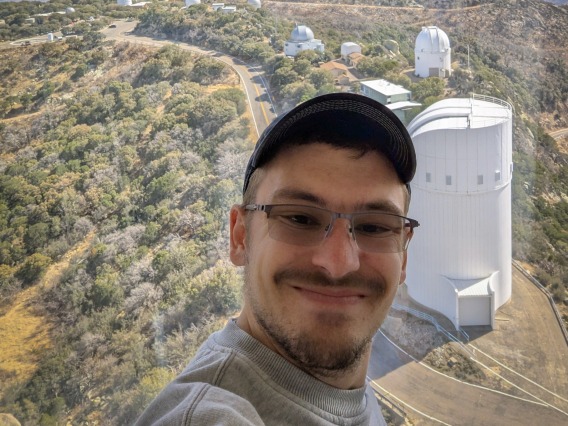Steward Observatory
Steward Observatory is both the century-old observatory on the campus of the University of Arizona and the name of one of the oldest research units of the University. Founded in 1918 through the generosity of Lavinia Steward and the efforts of Andrew Ellicott Douglass, the students, staff, and faculty of Steward Observatory explore the Universe together and share what we learn with the world through the production of scholarship and our educational and outreach efforts.
We are fortunate to have over 180 staff, technicians, and engineers working to develop and operate our world-class research facilities, labs, and observatories. These research capabilities are available to all of our students, post-docs, and faculty.
Department of Astronomy
The University of Arizona's Department of Astronomy was created in 1922 from the previous Department of Physics and Astronomy, which had been created in 1906 with the appointment of A. E. Douglass to the faculty. Astronomy is the academic unit of the University that offers educational opportunities in the fields of Astronomy, Astrophysics, and related fields. We offer a Bachelor of Science degree in Astronomy and a Ph.D. in Astronomy and Astrophysics. Undergraduate minors are available in Astrobiology, Astronomy, and Astronomical Studies. We currently (2024) have close to 310 students pursuing the Bachelor of Science degree, 46 graduate students in the Ph.D. program, and another 35 graduate students from other UArizona degree programs working with our 75 faculty. We currently host 47 post-doctoral researchers and fellows as part of our community.
News
Spotlight
Calendar
There are no upcoming events listed.
"Being at Steward Observatory right now is really exciting, because everything is starting to come together," says Associate Astronomer Jared Males. He and many other researchers in the Department of Astronomy are looking ahead to the construction of the Giant Magellan Telescope, for which the University of Arizona is a founding partner. The GMT, equipped with enormous mirrors built at Steward Observatory's Richard F. Caris Mirror Lab, will have 50 million times the light gathering power of the human eye. It may finally allow us to answer the question, "are we alone in the Universe?"
To add events or make calendar updates, please submit your request to astro-roomscheduling@list.arizona.edu


